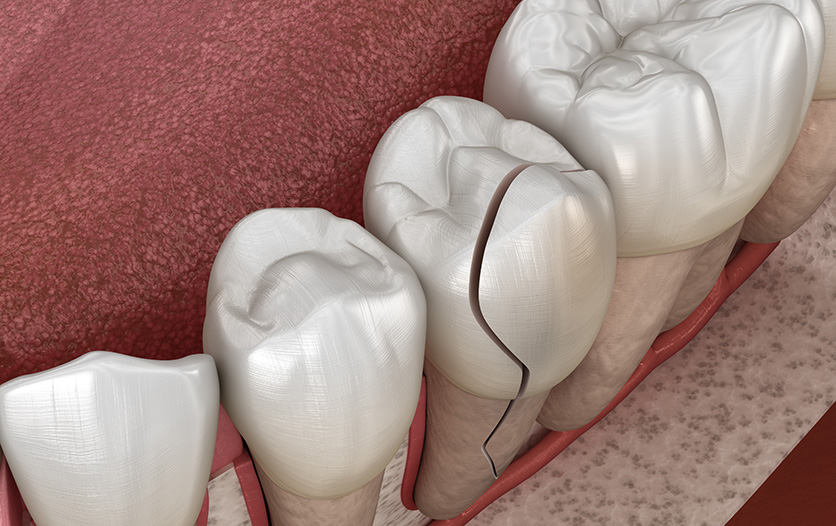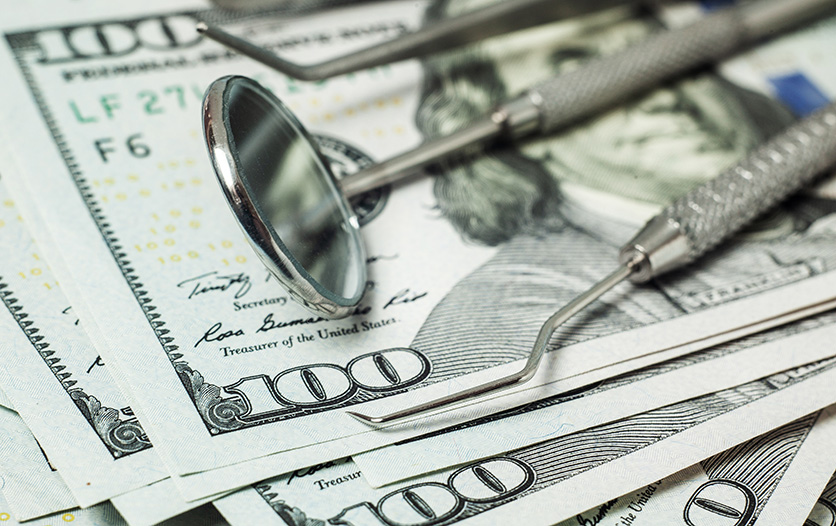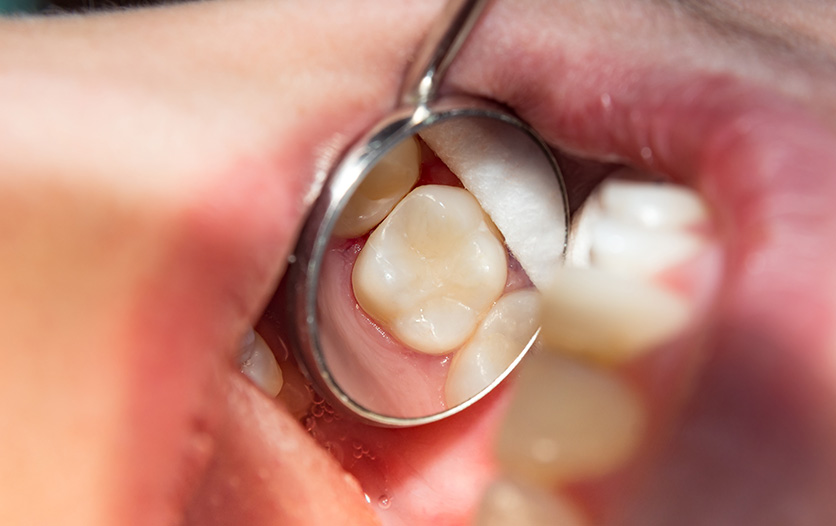
Preventive Dentistry: Your Guide to No More Cavities
Maintaining good oral health is important for your overall well-being, and one of the key components of oral health is preventing cavities. Cavities, also known as dental caries, are a common dental problem caused by tooth decay. With proper measures, regular care and dental services, you can significantly reduce your risk of developing cavities. In this article, we will provide you with a comprehensive guide to preventive dentistry, helping you achieve a cavity-free smile.
16 Ways to Keep Your Teeth Healthy
1. Brush Your Teeth Properly
It goes without saying that brushing your teeth is the foundation of good oral hygiene. Use a soft-bristled toothbrush and fluoride toothpaste. Brush at least twice a day for two minutes each time, covering all surfaces of your teeth, including the front, back, and chewing surfaces. Don’t forget to brush your tongue as well to remove bacteria and freshen your breath.
2. Floss Daily
Flossing is equally important as brushing as it helps remove plaque and food particles from between your teeth and along the gumline, where a toothbrush can’t reach. Make it a habit to floss at least once a day, ensuring you clean between all of your teeth.
3. Rinse with Mouthwash
Using an antimicrobial mouthwash after brushing and flossing can help kill bacteria and freshen your breath. Choose a mouthwash that contains fluoride for an added protective benefit.
4. Maintain a Healthy Diet
A well-balanced diet plays a vital role in preventing cavities. Limit your intake of sugary and acidic foods and beverages, as they can contribute to tooth decay. Instead, opt for a diet rich in fruits, vegetables, lean proteins, and dairy products, which provide essential nutrients for healthy teeth and gums.
5. Drink Plenty of Water
Water is not only essential for overall health, but it also helps maintain good oral health. Drinking water throughout the day helps wash away food particles and bacteria, reduces dry mouth, and promotes saliva production, which has a natural protective effect on teeth.
6. Limit Snacking
Frequent snacking, especially on sugary or sticky foods, can increase the risk of cavities. When you snack, the bacteria in your mouth produce acids that attack tooth enamel. Limit snacking and try to choose healthier options like fresh fruits, vegetables, and nuts.
7. Visit Your Dentist Regularly
Regular dental checkups are crucial for preventive dentistry. Schedule dental visits every six months or as recommended by your dentist. During these visits, your dentist will examine your teeth, perform professional cleanings, and address any concerns or early signs of tooth decay.
8. Dental Sealants
Dental sealants are a protective coating applied to the chewing surfaces of molars and premolars. They create a barrier that prevents food particles and bacteria from accumulating in the deep grooves of these teeth, reducing the risk of cavities. Your dentist may recommend sealants, especially for children and teenagers who are prone to decay.
9. Fluoride Treatments
Fluoride is a mineral that helps strengthen tooth enamel and makes it more resistant to acid attacks from bacteria. Your dentist may recommend fluoride treatments during your regular dental visits or prescribe fluoride toothpaste or mouthwash to use at home.
10. Practice Good Oral Habits at Home
In addition to regular brushing and flossing, practicing good oral habits at home can contribute to a cavity-free smile. Avoid habits such as smoking, excessive alcohol consumption, and using your teeth as tools to open packages or bottles.
By incorporating these preventive practices into your daily routine and maintaining regular dental visits, you can significantly reduce your risk of developing cavities. Remember, prevention is always better than treatment when it comes to oral health.
11. Protect Your Teeth During Physical Activities
If you participate in contact sports or activities that pose a risk of dental injuries, wearing a mouthguard is essential. A properly fitted mouthguard can help protect your teeth from trauma and reduce the likelihood of cavities resulting from fractures or chips.
12. Teach Proper Oral Hygiene to Children
Instilling good oral hygiene habits in children from an early age sets the foundation for a lifetime of healthy smiles. Teach them the importance of brushing, flossing, and visiting the dentist regularly. Make oral care fun by using child-friendly toothbrushes, flavored toothpaste, and rewarding good oral hygiene habits.
13. Seek Early Intervention for Orthodontic Issues
Malocclusions or misaligned teeth can make oral hygiene more challenging, increasing the risk of cavities. If you or your child have orthodontic issues, consult an orthodontist for early intervention. Orthodontic treatments like braces or aligners can help straighten teeth, improving oral hygiene and reducing the risk of decay.
14. Consider Dental X-rays and Screenings
Dental X-rays and screenings are vital for detecting dental issues that may not be visible to the naked eye. Regular X-rays can help identify hidden cavities or underlying dental problems, allowing for early intervention and prevention of further decay.
15. Practice Stress Management
Stress can contribute to various oral health issues, including teeth grinding (bruxism) and canker sores. Practice stress management techniques such as exercise, meditation, and hobbies to reduce the impact of stress on your oral health.
16. Educate Yourself About Oral Health
Staying informed about oral health is crucial for maintaining good dental hygiene practices. Keep up with the latest oral health news, advancements in dental care, and recommendations from reputable sources. This knowledge empowers you to make informed decisions to take the necessary measures for maintaining your oral health.
Remember, preventive dentistry is a proactive approach to oral health that aims to minimize the risk of cavities, gum disease, and other dental issues. By adopting these preventive measures and working closely with your dentist, you can achieve a cavity-free smile and enjoy optimal oral health for years to come. Start implementing these practices today and reap the benefits of a healthy and radiant smile.
Do you need to schedule a regular cleaning or are there any other questions we can answer about your oral health? Helping you achieve a healthy smile is at the heart of what we do at Evers Dental Center.
Contact us today to schedule an appointment!
Keep reading:
Healed tooth extraction: How long exactly does it take?
How sedation dentistry can help you overcome dental anxiety
How much does it cost? 5 facts about dental implant prices




